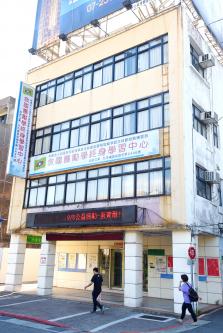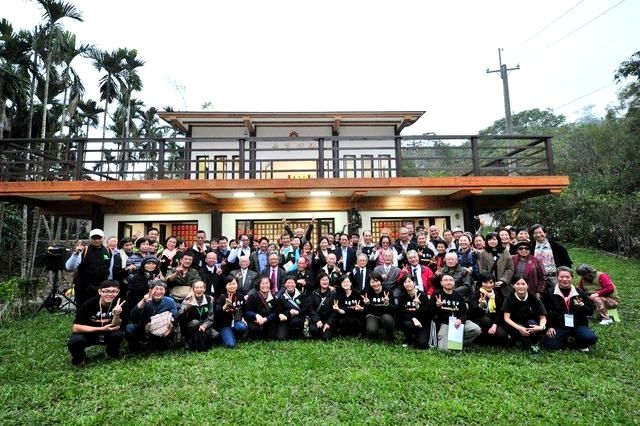The China Youth Corps on Monday last week completed the sale of an alleged Chinese Nationalist Party (KMT) asset in Taipei, a property estimated to be worth NT$450 million (US$14.3 million), just days before the Act Governing the Handling of Illegal Assets by Political Parties and their Affiliate Organizations (政黨及其附隨組織不當取得財產處理條例) took effect, sources said.
Dr. Yang's Special Column
|
|||
|
|
|||
| Page 1 of 8 |
Newsflash
Tears, memories, pictures, butter lamps, written messages and a video clip, friends of the Dalai Lama’s 45-year-old nephew Jigme Norbu — who was killed in a traffic accident during his latest “Walk for Tibet” campaign in Florida on Monday — gathered in Taipei to remember him. “I learned about the news that Jigme Norbu was launching a ‘Walk for Tibet’ in Taiwan on Dec. 9 [last year]. I signed up to join him on the walk and departed the next morning,” said Huang Shu-chiao (黃淑嬌), who accompanied Jigme all the way on his 407km walk from Taipei to Kaohsiung over 13 days. |



 Articles
Articles 









